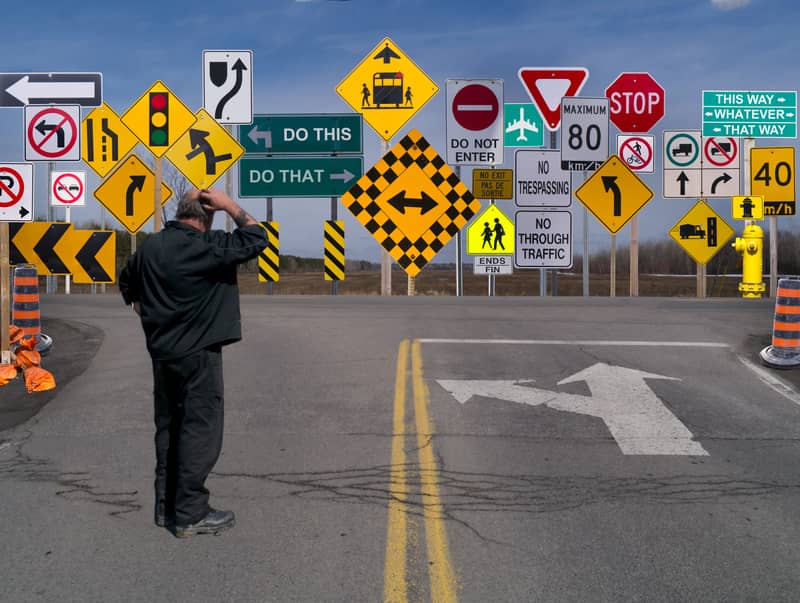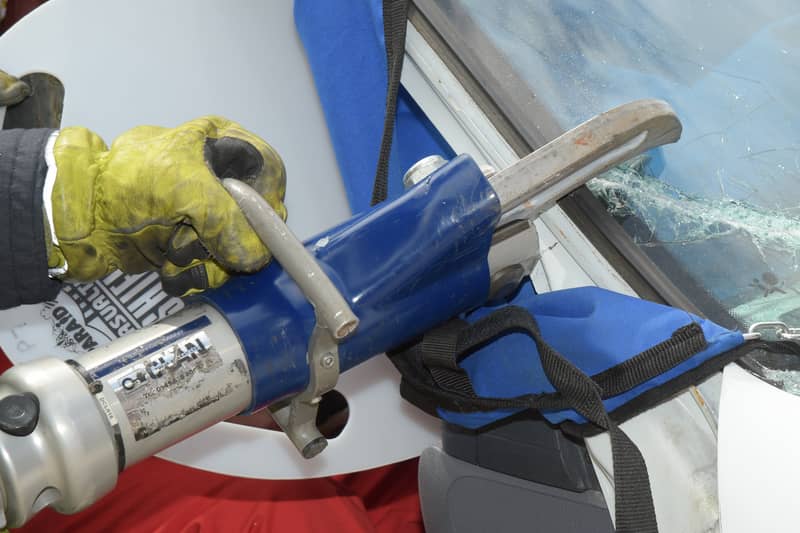Navigating the aftermath of a wreck, whether that involves a car accident, collision with a semi-truck, or a motorcycle accident, can be a daunting and often complex journey, especially in the unique setting of North Carolina’s Outer Banks. This stretch of OBX barrier islands, known for its scenic beauty and tourist appeal, also brings distinct…
Continue reading ›North Carolina Law Updates
In the realm of personal injury law, understanding the correlation between drunk driving and hit-and-run accidents can be a crucial aspect of a claim for damages. That’s especially true for actions involving substantial injuries and wrongful death claims. While it’s a somewhat common assumption that hit-and-run drivers act out of a momentary panic, substantial evidence…
Continue reading ›In the serene but bustling Outer Banks, where the thrill of the ocean meets the calm of the shore, the unexpected nightmare of a drunk driving accident can change lives in an instant. We believe that no one should have to bear the burden of someone else’s reckless decisions. That’s why we are here –…
Continue reading ›The vast domain of personal injury law has its unique set of challenges. In North Carolina, an interesting and often debated legal concept known as Contributory Negligence or “Contrib” all too often takes center stage. Distinctively, while most states in the US employ the Comparative Negligence approach, North Carolina remains steadfast in its application of…
Continue reading ›Nags Head, a beautiful coastal town in North Carolina, is known for its scenic landscapes and charming community. Tourists and locals alike are drawn to its natural beauty, but as in any other place, accidents can happen. From car crashes to drunk driving wrecks, these unfortunate events can have serious consequences. Negligence leaves victims grappling…
Continue reading ›Motorcycle Accidents, Third-Party Fault, and Legal Complexities The Outer Banks, a popular vacation spot and home to many, sees a fair share of motorcycle accidents each year. These accidents, often caused by other motorists’ negligence and careless driving, can cause significant injuries and even fatalities, greatly impacting the victims’ lives and their families. Danny Glover…
Continue reading ›As an experienced motorcycle accident lawyer on the Outer Banks of North Carolina, Danny Glover has seen firsthand the devastating consequences that can result from a motorcycle accident. Motorcycle riders are more vulnerable to serious injuries in a collision, and accidents involving motorcycles can be much more complex than those involving cars or trucks. In…
Continue reading ›Being involved in a car accident can be a traumatic and life-altering experience. Understanding the value of your personal injury claim and damages after a wreck is essential to ensuring that you receive fair compensation for your losses. Before talking with an adjuster, we believe it best to consult an experienced accident lawyer first. Don’t…
Continue reading ›Attorney Danny Glover is an Outer Banks wrongful death lawyer who helps families who have lost loved ones due to the negligence of others. With such legal matters, the firm’s primary concern is helping clients through the legal process and holding accountable those who caused the tragedy. Our goal is to help victims receive justice…
Continue reading ›The holiday season is a time of joy and celebration, but it’s also a period of increased traffic on the road. To make sure you arrive at your destination safe and sound, here are some important driving tips from an accident lawyer that you should follow: 1. Make sure your car is in good condition.…
Continue reading ›
















